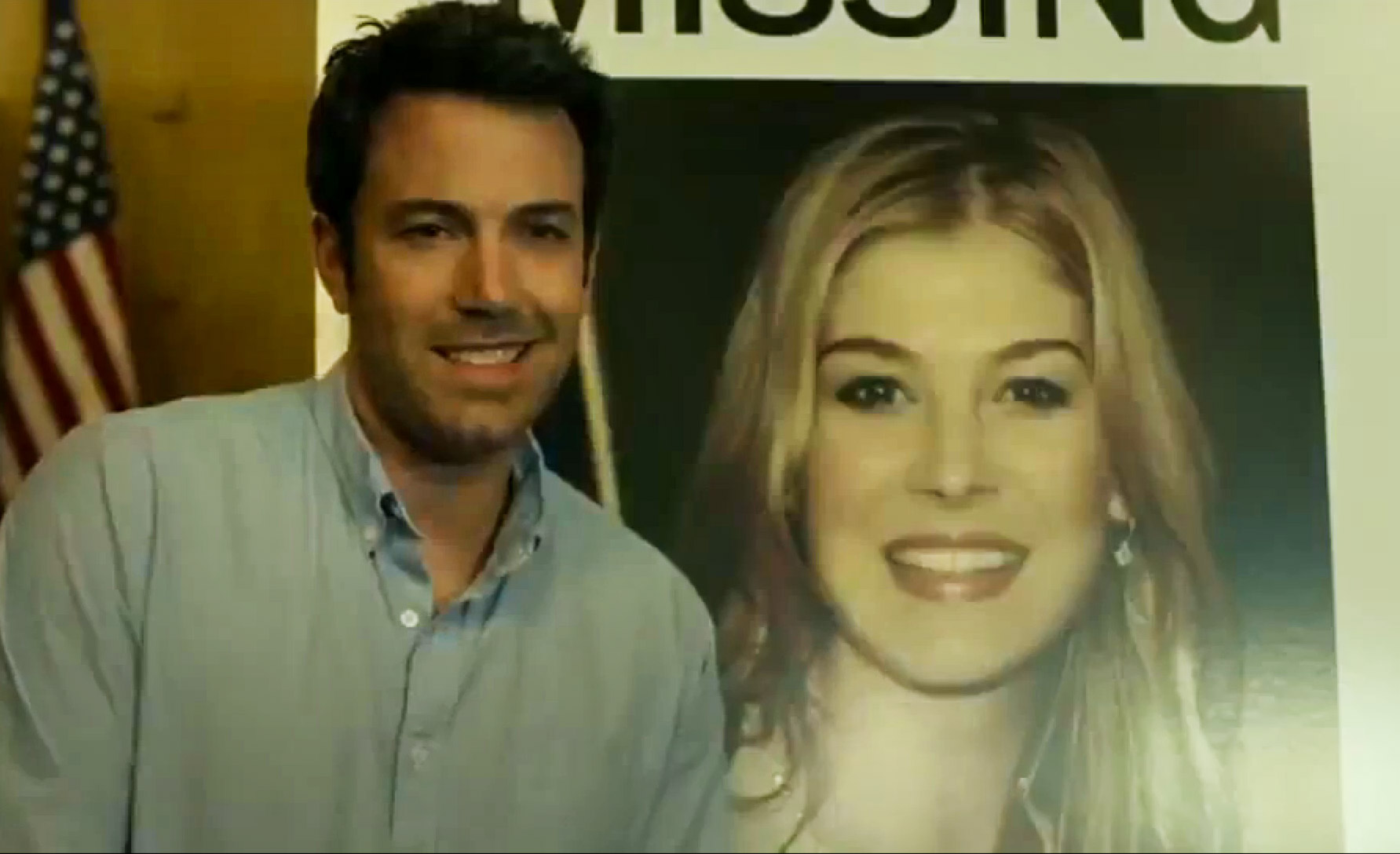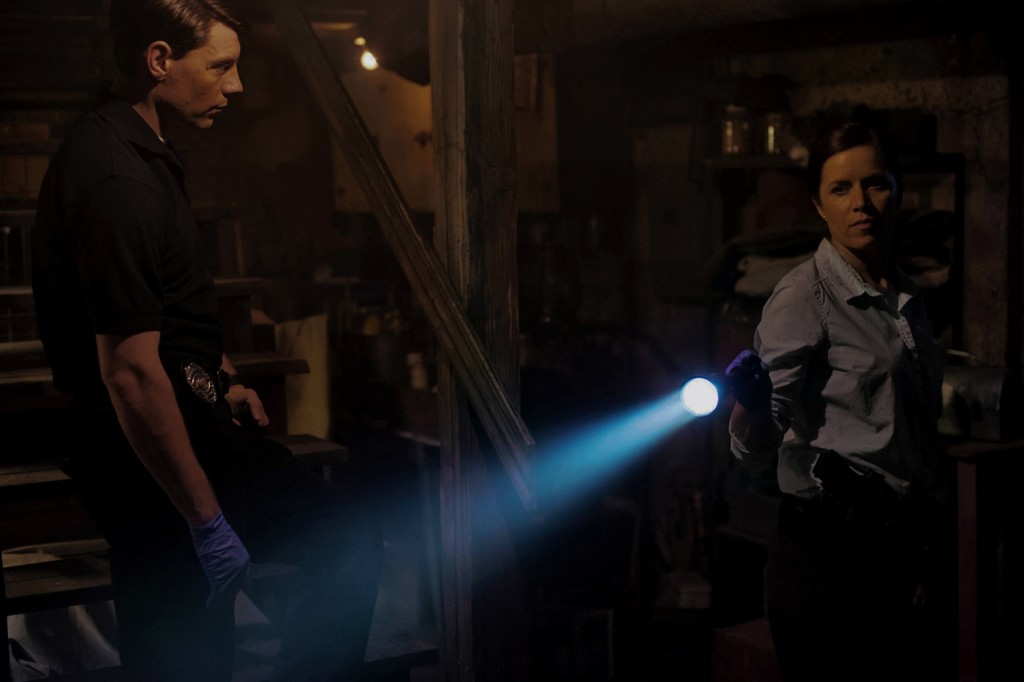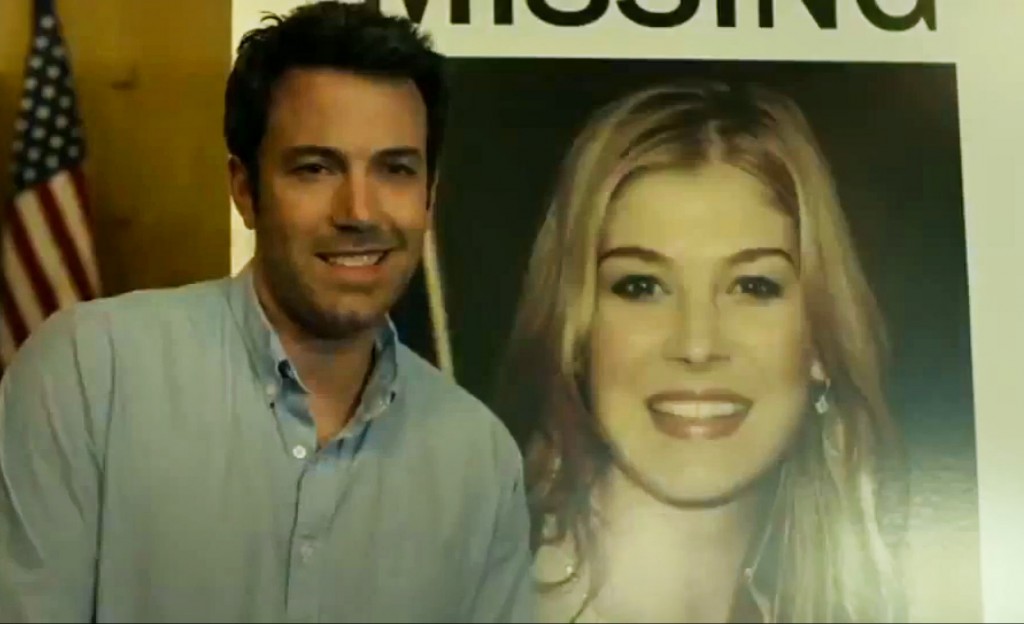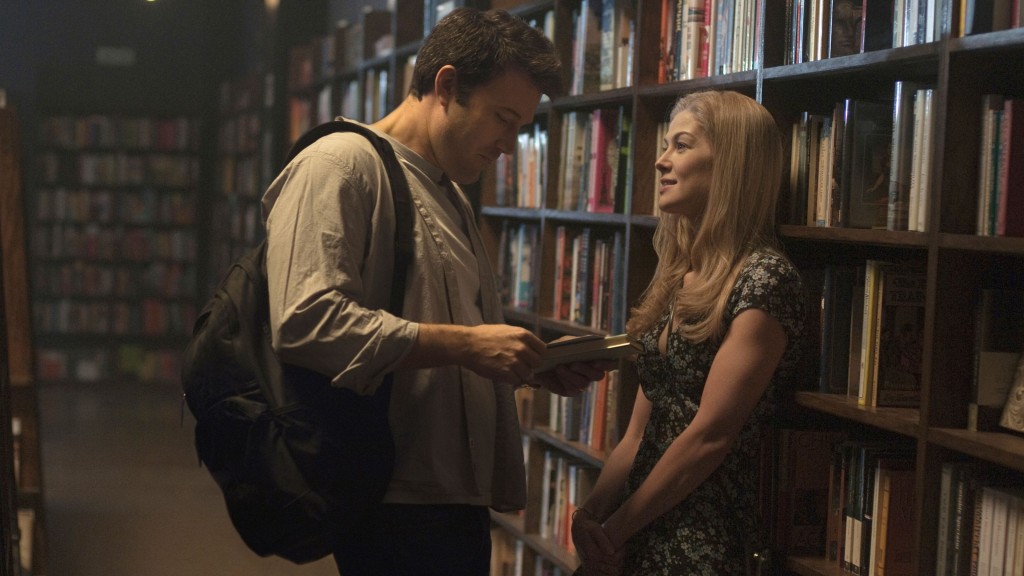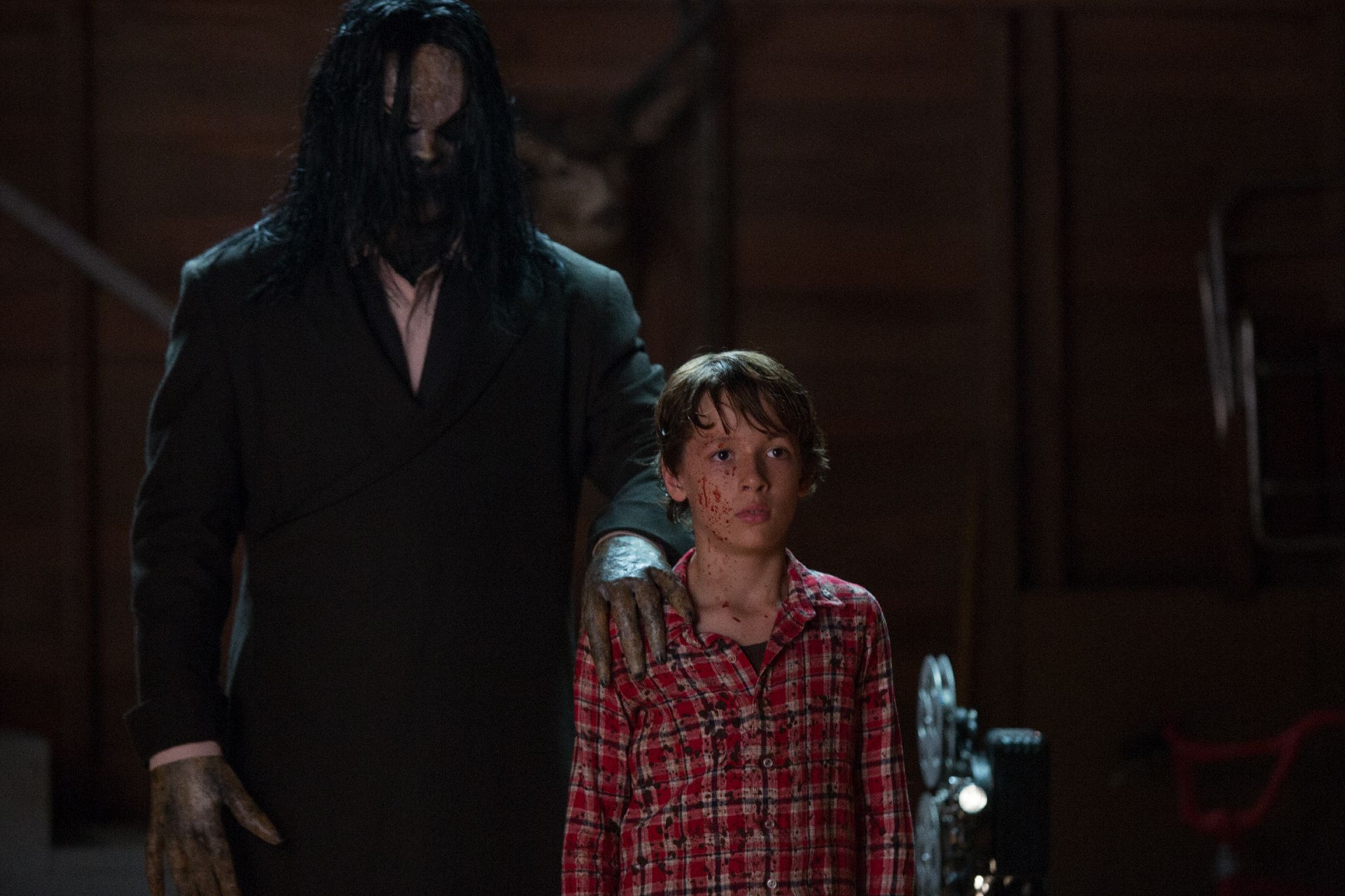Few topics have been hotter in the news recently than domestic abuse and sexism. It may be bad timing, then, for David Fincher’s “Gone Girl,” a movie about a man (Ben Affleck) who may or may not have murdered his wife (Rosamund Pike). Infidelity, spousal abuse, and death permeate the film. and a series of twists and turns underlie the dual themes of the film: on one hand, it’s a procedural about a missing rich woman, a whodunit/faceoff film between the cops and the kinda-maybe perp. On the other, it’s a searing indictment of our knee-jerk social media-driven society, where people form opinions about a case before they even finish reading or watching the first news account that describes it, where popular opinion sways whether or not the truth should come out, and where we try, convict and fry criminals in minutes and trial by jury is but a formality to get through rather than a means to an end.
If you have read “Gone Girl” (I have not), you no doubt follow the various twists and turns. I don’t want to spoil the film here, but suffice it to say that some will likely view this as a mysogynistic, even victim-blaming film, even if it’s based on a novel written by a woman. To view it from that perspective isn’t a fallacious interpretation, though there is a larger point and purpose that deserves a moment in the sun.
It is both exactly that and much more, a film that is equal parts unbelievable and totally realistic. It’s the most interesting film I’ve seen this year, though a far sight from the best. It’s certainly worth watching and discussing with a group of friends.
